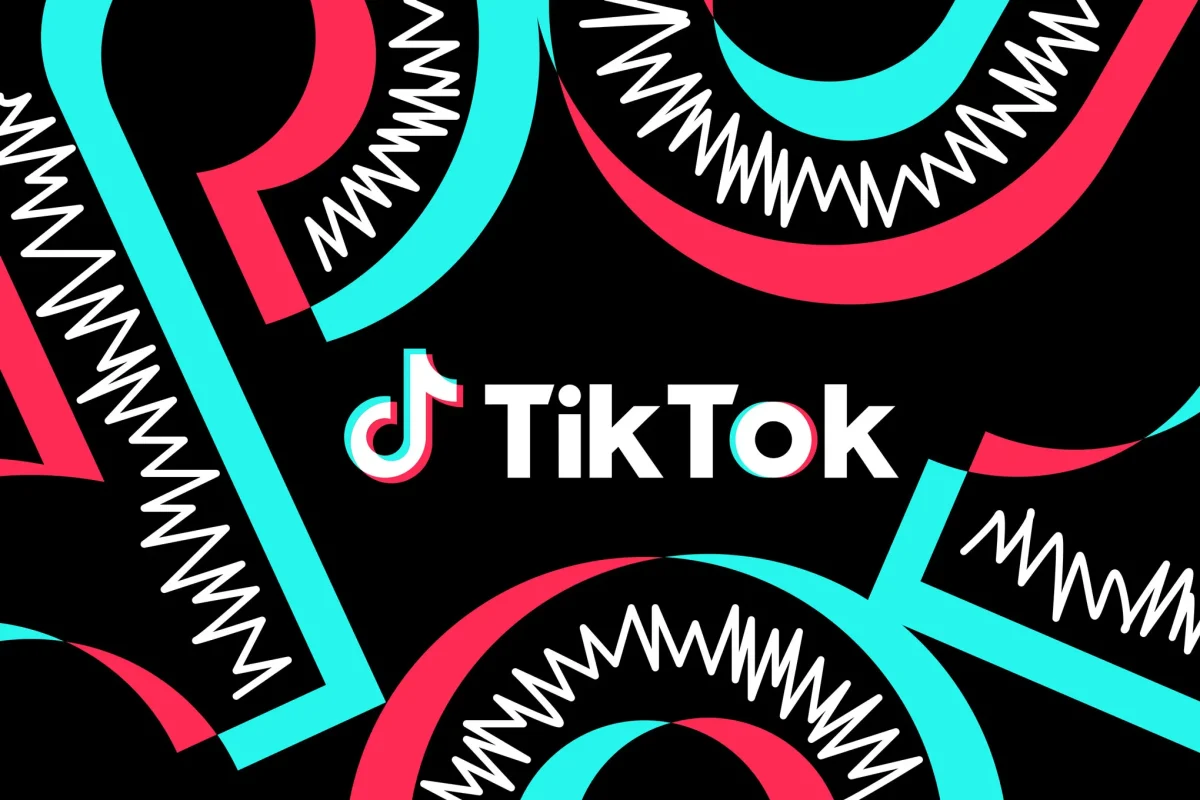
Introduction
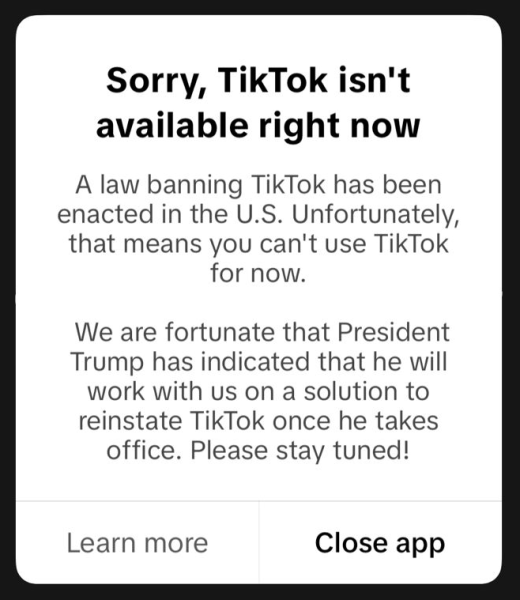
President Trump has granted TikTok yet another lifeline. The social media platform, which has become widely popular in the United States, has received an additional 75-day extension to stay available to its U.S. users. TikTok’s ban in the U.S. was initially set for January 19, 2025, and, later, April 5, 2025. However, President Trump has extended both of these deadlines. The new potential deadline for a ban is now June 4, 2025. This extension provides the Chinese company with more time to comply with a law that requires the widely used video app to either sell its U.S. operations or face a ban in the country. While not everyone supports this nationwide ban, there are some who are not against it.
Why is TikTok being banned?
To understand why the popular app is facing a potential ban, we must first look at the underlying reasons for it. An article from The New York Times highlights the concerns that the U.S. government has regarding the app, particularly the company that owns it, ByteDance. According to The New York Times, “U.S. officials have long been concerned about ByteDance’s ties to the Chinese government. They’ve pointed out that ByteDance could hand over sensitive U.S. user data to Beijing, like location information.” Additionally, there are concerns that China might exploit TikTok’s content recommendations to spread misinformation, a worry that has intensified in the United States following the onset of the Israel-Hamas war and during the presidential election.
Despite these allegations, TikTok has repeatedly stated that it has never “misused data or spread propaganda at the behest of Beijing in the United States.” The company has sought to distance itself from ByteDance, which is considered to be one of the world’s most highly valued startups. To respond to these claims, TikTok has emphasized that its headquarters are located in Singapore and Los Angeles, and that ByteDance is primarily owned by global investors rather than by China itself.
What does EPHS think?
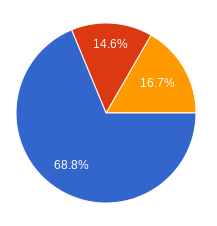
To gain insight into EPHS’s perspective on the ban, we sent out a survey to all EPHS students consisting of three questions. These questions addressed whether they used the app, their opinions on whether it should be banned, and their reasons for supporting or opposing the ban. Among the students who completed the survey, 68.8% reported that they currently use the app, 14.6% do not currently use it but have used it in the past, and 16.7% stated that they have never used TikTok at all.
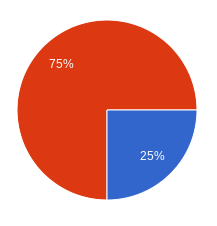
Out of the students who completed the survey, only 25% answered yes to the question of whether TikTok should be banned, while 75% answered no. Students who answered yes shared similar reasons for their stance. One student remarked that the app “negatively impacts the mental and social health of this generation that uses it excessively.” Other students who agreed echoed this sentiment, stating that excessive use of TikTok has a detrimental effect on users. While this perspective may hold some truth, it raises the question: What about individuals who use TikTok in a healthy and positive way?
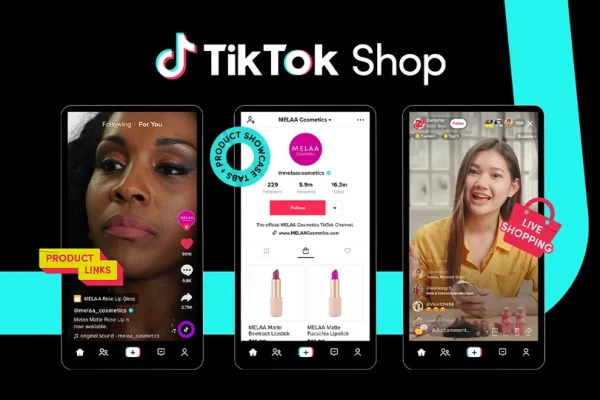
While it may seem unlikely, TikTok can be used in both healthy and positive ways. Small businesses use the app to market their products and grow their pages. The advertisements created by these businesses serve as a means to connect with large audiences, thereby supporting their growth.
Similar to small businesses, many users utilize the app to connect with others around the world. The app empowers its users to express themselves and find a community with people that understand them. Sometimes, people even use TikTok to raise awareness for extremely important topics, or a way to get help in dire situations. “The government has made it more than clear that they don’t care about the youth of America enough because if they truly did they wouldn’t be taking away our voices and freedom to express ourselves,” one EPHS student stated. If TikTok were to be banned, it would not only silence this student but also silence the voices of all its users. The app serves as a significant platform for self-expression, allowing people to share their interests, experiences, and more. It is an excellent way to stay connected with friends, and provides a great source of entertainment when you are bored. TikTok’s algorithm is unique, and it stands apart from any other app with similar feeds. “No other social media app compares to the kind of content TikTok offers,” another student remarked.
Conclusion

While TikTok’s influence is significant and continues to grow, it is essential to consider its impact on users’ productivity. The platform can easily distract people from their important responsibilities, as they may become trapped in an endless cycle of scrolling. However, TikTok is not entirely to blame for this problem. Users must also remain mindful of the time they spend on the app.
If you were to ask us whether TikTok should be banned, our answer would be no. However, we believe that there should be some limitations (not just for TikTok, but for other apps as well) as social media apps can be highly addictive, disrupt productivity, and contribute to procrastination and poor time management. Nevertheless, we still think it is unfair and unjust to completely remove access to TikTok for all of its U.S. users.
Works Cited:
Should TikTok Be Banned? April 15, 2025
Maheshwari, S. (2025, January 19). What We Know About the TikTok Ban. The New York Times. https://www.nytimes.com/article/what-we-know-tiktok.html
Tiktok Brain: Understanding the impact on modern attention spans. ReNu Counselling & Psychotherapy. (2024, September 5). https://renucounselling.ca/tiktok-brain/